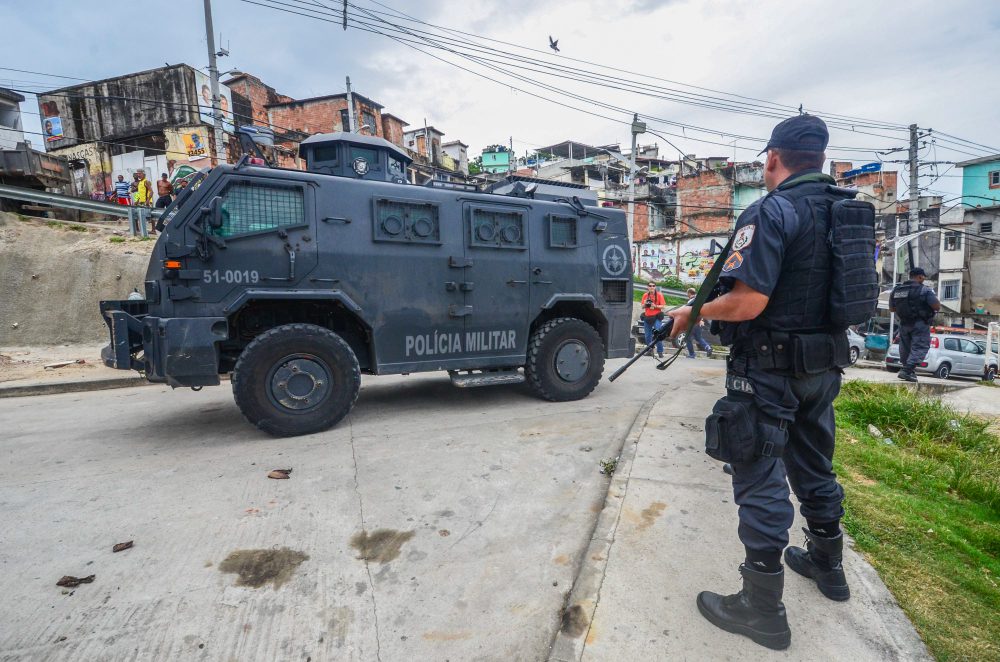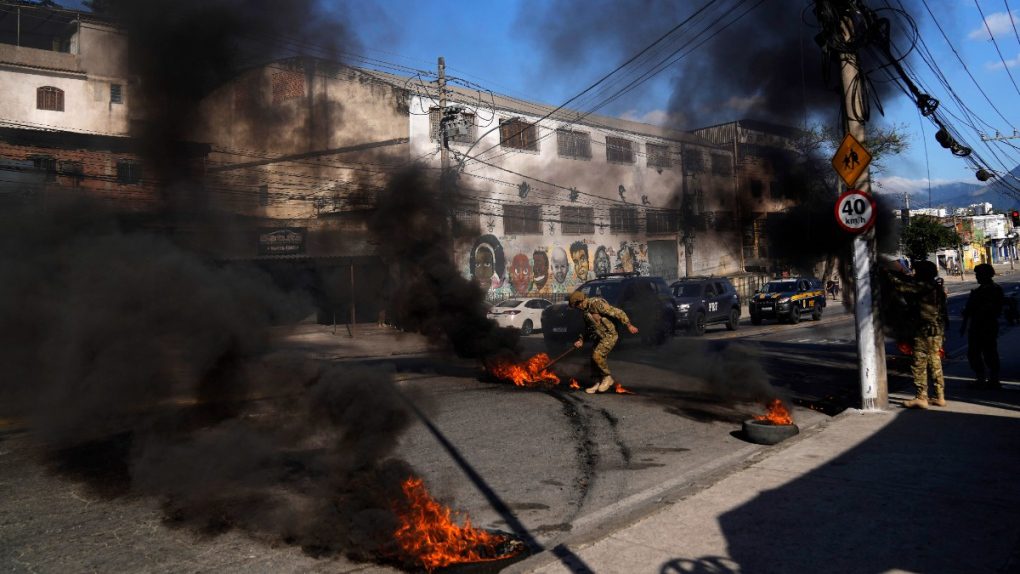If a militia member or drug trafficker is killed, the city becomes a field of war with buses set on fire and shootings. If a policeman is killed, dozens of executions follow, causing panic on the outskirts. In the midst of this, the population is exhausted by insecurity, while the government tries to find ways to deal with organized crime
(RFI) Children without classes, workers unable to get to work, bombs, gunshots, fire. The war scenario experienced this week by residents of Rio de Janeiro, following the death of a militia member, has reignited the debate on how to confront organized crime in a country that has seen tragedy after tragedy in public security this year.
From the dozens of executions by police officers in São Paulo and Bahia, to the detour of army weapons to crime, to doctors murdered by bandits in Barra da Tijuca, politicians seem lost in the face of the growing power of factions and militias, which subjugate entire communities by illegally charging for basic services such as water and electricity, as well as the collective punishment carried out by some police officers.
While the federal government is debating whether to create a specific ministry for security, the governor of Rio, Cláudio Castro, has asked Congress to vote to toughen sentences for criminals and has asked the President of the Republic for an integrated national intelligence office.
“It’s not an agenda for Rio, it’s for Brazil. This year we’ve already had crises in São Paulo, Rio Grande do Norte, Ceará and Bahia. And all in similar situations. Only through investigation, the arrest of leaders, financial asphyxiation, the fight against money laundering and the protection of our borders, so that weapons and drugs don’t get in, will we be able to fight these organizations, which are no longer local,” said Castro.

Lula compares situation to Gaza Strip
President Lula agreed that the problem is not confined to one state and said that he compared the situation in Rio to the conflict in the Middle East. “It would be very easy for me to watch those scenes that appeared on television yesterday, which looked like the Gaza Strip itself with so much fire and smoke, and say ‘it’s Rio de Janeiro’s problem, it’s Mayor Eduardo Paes’ problem, it’s Governor Cláudio Castro’s problem’. No. It’s a problem for Brazil. It’s our problem and we have to try to find a solution,” Lula said.
“There is already a national task force in Rio that will be reinforced, but without federal intervention because this experiment, adopted by the Temer administration, proved to be a disaster, with practically no gains for the population in terms of security. There will be a great effort, but it is also true that organized crime has grown a lot in recent years in Rio,” said Senator Humberto Costa (PT/PE).
Senator Sérgio Moro, from União Brasil, criticized the laxity of the judiciary in certain situations, with important consequences for the fight against crime.
“A criminal court in Rio authorized the return to the state of Rocinha’s main drug kingpin. He was in a maximum security federal prison, where it is practically impossible to continue commanding drug trafficking actions from the inside, but his transfer was authorized. Has he abandoned drug trafficking? Did he abandon crime?” asked the former judge, who also mentioned the death of a magistrate in Pernambuco. “The case is still being investigated, but the suspect is precisely a man against whom there has already been a request for preventive detention for another crime, but this was denied by the courts.”
Rio has asked for the Navy to step up its operations at the water ports and the Air Force at the airports to combat the entry of weapons and drugs.
*** Translated by the DEFCONPress FYI Team ***
